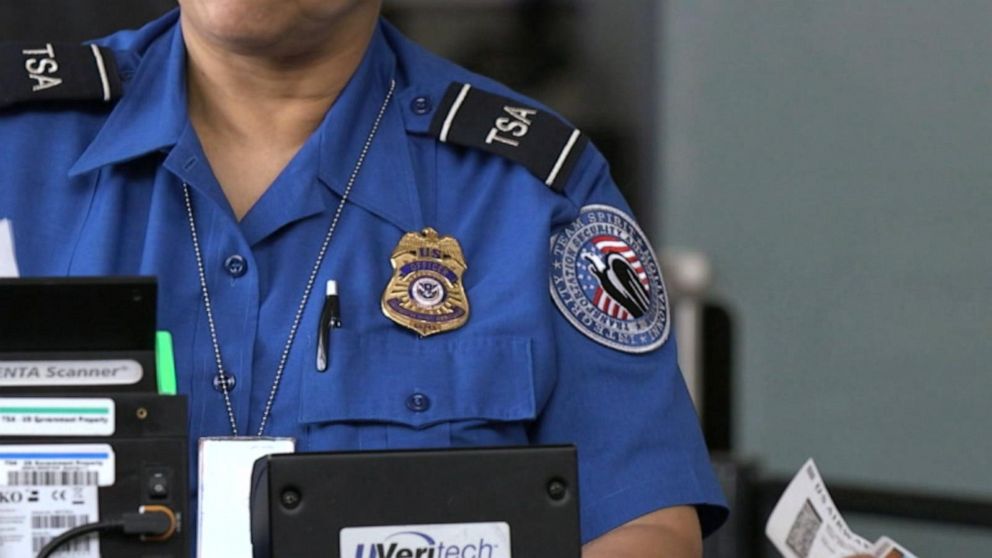WHAT TO KNOW
- U.S. Customs and Border Patrol has increased electronic device searches at borders, raising privacy concerns.
- International students have been disproportionately impacted by stricter immigration enforcement, including visa revocations.
- Increased border scrutiny is projected to cause significant economic losses due to a decline in international travel and spending.
- Travelers, especially non-citizens, should be aware of their rights and exercise caution when interacting with immigration officials.

Heightened scrutiny at U.S. borders has led to widespread concern among both American citizens and foreign nationals regarding the safety and ease of international travel. U.S. Customs and Border Patrol (CBP) agents have significantly increased the search of electronic devices, reaching over 47,000 searches in 2024, a considerable jump from a decade prior. This rise is fueled by sophisticated government technology like facial recognition and AI. While the overall percentage of travelers searched remains small, certain groups, particularly international students, have been disproportionately affected.

This is not President Trump’s doing. In early 2024, a policy change involving cross-referencing foreign student records with a criminal database resulted in thousands of visa revocations, causing immense confusion and legal challenges before being reversed. This increased enforcement, dubbed “The Great Unwelcoming,” extends beyond foreign nationals, with reports of U.S. citizens, including lawyers, facing detentions and device seizures.

This climate of uncertainty is impacting the U.S. economy, with projections of billions of dollars in lost spending due to a decline in international visitors. Travelers are advised to understand their rights at the border, with stricter cautions for non-citizens, including minimizing non-essential travel for green card holders and avoiding signing any documents without full comprehension.
